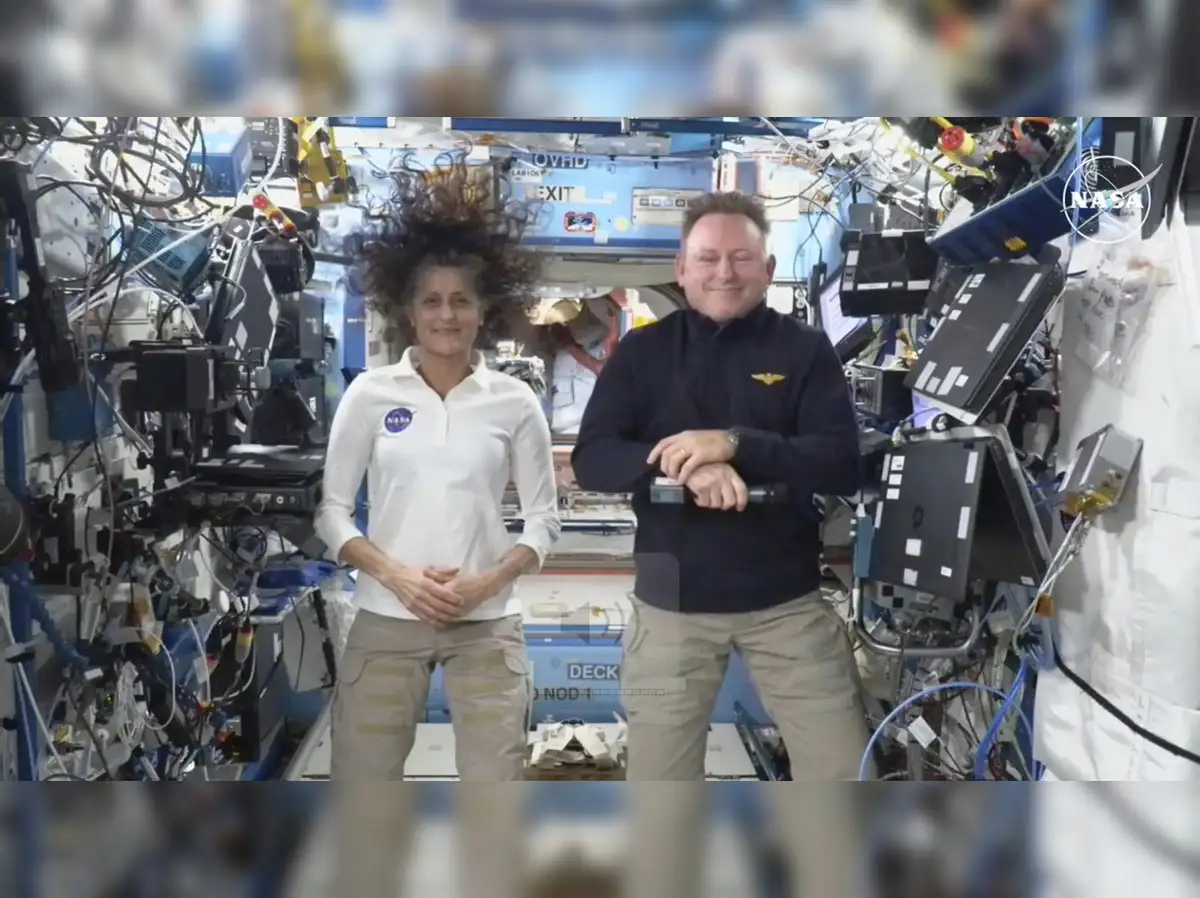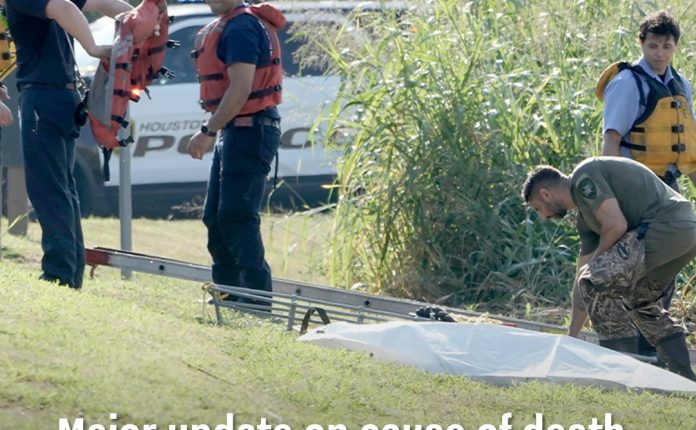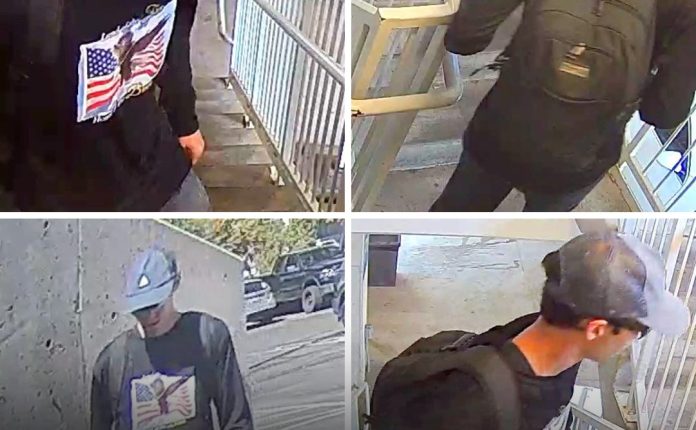NASA Astronauts Reject Trump’s Claim of Being Abandoned on Space Station

NASA astronauts Sunita Williams and Butch Wilmore have pushed back against former President Donald Trump’s claim that the Biden administration abandoned them on the International Space Station (ISS). Speaking from the ISS during an interview on CNN, the two astronauts refuted Trump’s assertions and assured the public that they were neither stranded nor abandoned. During the interview on Thursday night, CNN host Anderson Cooper asked Williams and Wilmore about Trump’s claim. Wilmore, addressing the situation directly, dismissed the idea that they had been neglected. “We don’t feel abandoned. We don’t feel stuck. We don’t feel stranded. I understand why others may think that. We come prepared. We come committed,” Wilmore said. He further explained the rigorous training and contingency planning that NASA astronauts undergo before missions. “That is what your human spaceflight program is. It prepares for any and all contingencies that we can conceive of, and we prepare for those,” Wilmore added. “So if you’ll help us change the rhetoric, help us change the narrative, let’s change it to ‘prepared and committed.’ That’s what we prefer.

”The controversy stems from Trump’s statements on his social media platform, Truth Social, where he alleged that the Biden administration had left the astronauts stranded on the ISS. His comments echoed a post by billionaire Elon Musk, who owns SpaceX. “Terrible that the Biden administration left them there so long,” Musk wrote on X, formerly known as Twitter, late last month. Trump then followed up with a post on Truth Social, writing: “Brave astronauts who have been virtually abandoned in space by the Biden Administration. They have been waiting for many months on @Space Station. Elon will soon be on his way. Hopefully, all will be safe. Good luck Elon!!!”Williams and Wilmore’s mission has been part of Boeing’s Starliner program, a commercial spaceflight initiative under NASA. The two astronauts launched aboard the Starliner capsule in June last year, but the mission faced multiple setbacks. The spacecraft suffered from helium leaks and thruster malfunctions, leading to concerns about its reliability.When the Starliner attempted to dock at the ISS, five of its thrusters malfunctioned. Although Boeing stated that the capsule was safe for return, NASA opted for an alternative plan. In August last year,

NASA decided that the astronauts would return aboard SpaceX’s Crew Dragon capsule instead of Boeing’s Starliner. NASA clarified the timeline in December, announcing that Williams and Wilmore would return with the Crew-10 mission, which is set for March 12. The agency reassured the public that the delay was not a matter of abandonment but a necessary adjustment to ensure astronaut safety. Despite these facts, Trump and Musk’s remarks fueled speculation and concerns over the astronauts’ situation. Their comments suggested that the delays were the result of negligence rather than operational decisions made for safety and mission integrity. NASA, however, has made it clear that Williams and Wilmore’s extended stay was expected and that their return was never in doubt. Their situation aligns with standard space mission protocols, where schedules are often adjusted based on mission needs and spacecraft availability.

The debate over Trump’s claim underscores the intersection of politics and space exploration. While NASA’s commercial partnerships with both Boeing and SpaceX are integral to the future of human spaceflight, political figures have increasingly used space policy to score points in public discourse. The Boeing Starliner program, in particular, has faced scrutiny due to its technical challenges. Originally intended to compete directly with SpaceX’s Crew Dragon for NASA missions, the program has encountered multiple setbacks, causing delays and raising concerns about reliability. In contrast, SpaceX has successfully launched and returned astronauts in multiple missions, solidifying its position as NASA’s primary commercial spaceflight partner. For Williams and Wilmore, their focus remains on their mission rather than the political controversy surrounding their return. Their responses to the media have emphasized the professionalism and preparedness of NASA astronauts, reinforcing the idea that they are not victims of political decision-making but rather part of a well-coordinated spaceflight operation. As the Crew-10 mission approaches, the two astronauts will complete their extended stay on the ISS and return to Earth as planned. NASA continues to move forward with its exploration goals, working with both SpaceX and Boeing to ensure future missions remain on track.

The broader implications of this situation highlight the importance of factual accuracy in discussions about space exploration. While political figures may use space missions to push narratives, the reality remains that NASA operates with meticulous planning, prioritizing safety above all else. Williams and Wilmore’s calm and professional response to Trump’s claim serves as a reminder that astronaut training is built on resilience and preparation. Despite delays or technical challenges, their mission remains secure, and their return to Earth is scheduled without issue.


